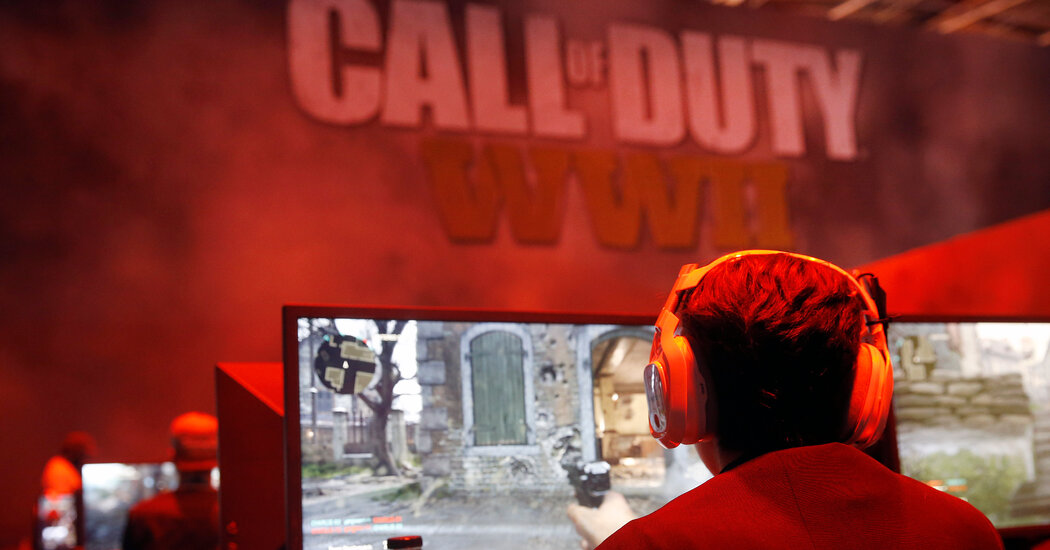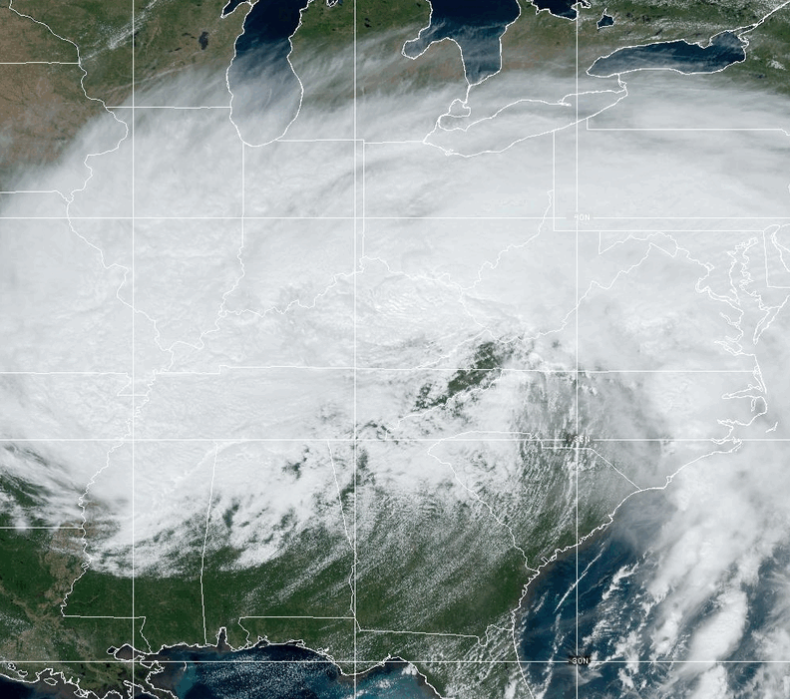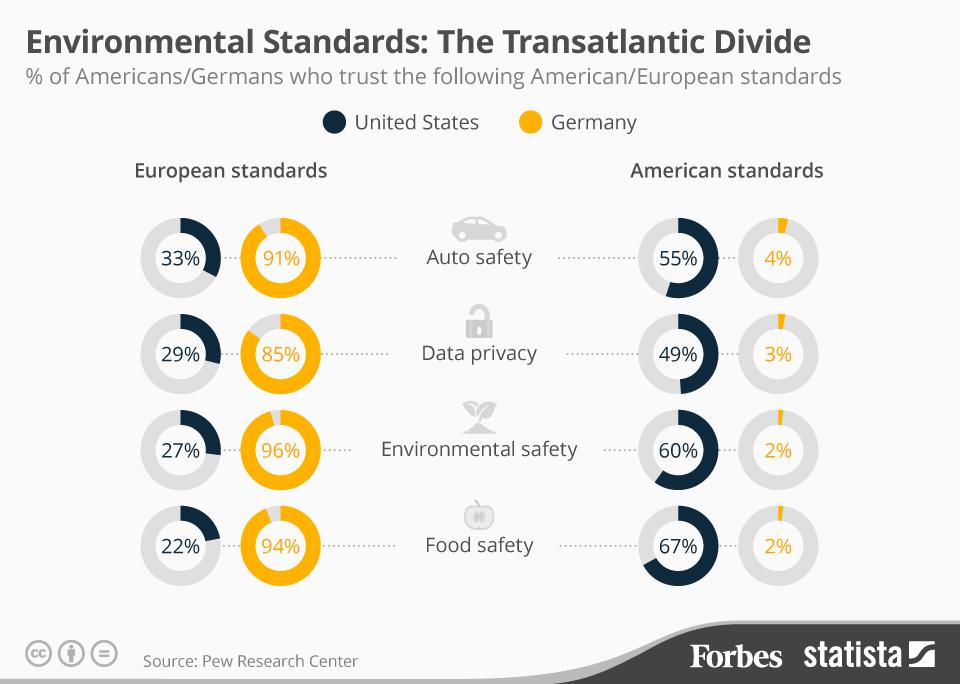FTC To Challenge Court Ruling On Microsoft-Activision Deal

Table of Contents
The Court's Initial Decision and its Rationale
A US District Judge initially ruled in favor of Microsoft's acquisition of Activision Blizzard, dismissing the FTC's attempt to block the merger. The judge's decision hinged on several key arguments presented by Microsoft, focusing on the lack of substantial evidence demonstrating the deal would harm competition in the gaming market.
- Judge's key findings regarding competitive concerns: The judge found that the FTC failed to convincingly demonstrate that the merger would lead to a substantial lessening of competition, particularly in the cloud gaming market.
- Microsoft's commitments to ensure fair competition (e.g., Call of Duty availability): Microsoft pledged to keep Call of Duty available on various platforms, including PlayStation, a crucial commitment in the judge's decision. This commitment was seen as mitigating potential anti-competitive practices.
- Assessment of the merger's impact on the gaming market: The court's analysis considered the overall market structure, the presence of other major players, and the potential for innovation to ultimately conclude the merger was not likely to harm competition.
The FTC's Grounds for Challenging the Ruling
Undeterred, the FTC has appealed the court's decision, outlining several concerns regarding the potential negative impact of the merger. The central argument revolves around reduced competition and Microsoft's potential to leverage its market power.
- Specific concerns about the impact on game pricing: The FTC argues that Microsoft's control over key franchises like Call of Duty could lead to price increases and reduced consumer choice.
- Arguments related to stifled innovation in the gaming industry: The commission expresses worries that the merger could stifle innovation by reducing competition and limiting the development of alternative gaming platforms and services.
- Claims regarding the potential for Microsoft to leverage its market power: The FTC believes Microsoft could use its market dominance to disadvantage competitors and potentially lock out smaller players in the gaming industry. The concern extends beyond Call of Duty to include other Activision Blizzard titles and the broader gaming ecosystem.
Potential Outcomes and Implications
The FTC's challenge could have several potential outcomes, each with significant repercussions for the gaming industry and consumers.
- Scenarios: The appeal could be successful, leading to the blocking of the merger; it could be unsuccessful, allowing the merger to proceed; or a settlement could be reached between the FTC and Microsoft.
- Potential delays in the merger's completion: Regardless of the outcome, the appeal process will likely create significant delays, potentially stretching the timeline for the merger's finalization.
- Long-term effects on game prices, availability, and innovation: The decision could significantly impact game prices, the availability of titles across different platforms, and the overall pace of innovation within the gaming industry.
- Impact on other potential mergers and acquisitions in the tech sector: The outcome of this case will set a precedent, influencing future regulatory reviews of mergers and acquisitions in the tech sector, with broad implications extending beyond the gaming industry.
Impact on Call of Duty and other Activision Titles
The future of Call of Duty and other Activision Blizzard titles hangs in the balance. The FTC's concerns center on Microsoft's potential to make Call of Duty exclusive to its Xbox platform or to significantly alter its pricing and availability.
- Analysis of Call of Duty's market position: Call of Duty's immense popularity and market share are central to the FTC's concerns about potential anti-competitive behavior.
- Potential impact on other Activision Blizzard franchises: The outcome could affect other popular Activision Blizzard franchises, influencing their distribution, pricing, and overall accessibility to gamers.
- Concerns about cross-platform play and accessibility: The FTC's challenge raises questions about the continued viability of cross-platform play and the overall accessibility of Activision Blizzard games to players on various consoles and platforms.
Conclusion
The FTC's challenge to the court ruling on the Microsoft-Activision deal represents a significant development in the gaming industry, raising vital questions about competition, market power, and the future of popular franchises. The potential outcomes—ranging from a blocked merger to its successful completion—carry substantial implications for game prices, accessibility, and innovation. The appeal's success or failure will set a precedent impacting future mergers and acquisitions in the tech sector.
Call to Action: Stay informed about the ongoing legal battle surrounding the FTC's challenge to the Microsoft-Activision deal. Follow this site for updates and analysis on this crucial development in the gaming industry and its implications for the future of the Microsoft-Activision merger.

Featured Posts
-
 Rethinking Middle Management Their Contribution To Company Growth And Employee Well Being
Apr 26, 2025
Rethinking Middle Management Their Contribution To Company Growth And Employee Well Being
Apr 26, 2025 -
 Hurricane Season Potential Changes To Federal Disaster Assistance
Apr 26, 2025
Hurricane Season Potential Changes To Federal Disaster Assistance
Apr 26, 2025 -
 Are Empty Shelves Coming Anna Wongs Perspective
Apr 26, 2025
Are Empty Shelves Coming Anna Wongs Perspective
Apr 26, 2025 -
 Boosting Global Ties Indonesia Considers Exporting Unique Rice Strains
Apr 26, 2025
Boosting Global Ties Indonesia Considers Exporting Unique Rice Strains
Apr 26, 2025 -
 Navigating The Transatlantic Divide Trumps Impact On European Ai Rulemaking
Apr 26, 2025
Navigating The Transatlantic Divide Trumps Impact On European Ai Rulemaking
Apr 26, 2025
Latest Posts
-
 Pegula Rallies Past Collins To Win Charleston Title
Apr 27, 2025
Pegula Rallies Past Collins To Win Charleston Title
Apr 27, 2025 -
 Top Seed Pegula Defeats Defending Champ Collins In Charleston
Apr 27, 2025
Top Seed Pegula Defeats Defending Champ Collins In Charleston
Apr 27, 2025 -
 Jannik Sinners Doping Case Concludes
Apr 27, 2025
Jannik Sinners Doping Case Concludes
Apr 27, 2025 -
 Us Open 2024 Svitolinas Straight Sets Win Against Kalinskaya
Apr 27, 2025
Us Open 2024 Svitolinas Straight Sets Win Against Kalinskaya
Apr 27, 2025 -
 Svitolina Cruises Past Kalinskaya In Us Open Opener
Apr 27, 2025
Svitolina Cruises Past Kalinskaya In Us Open Opener
Apr 27, 2025
